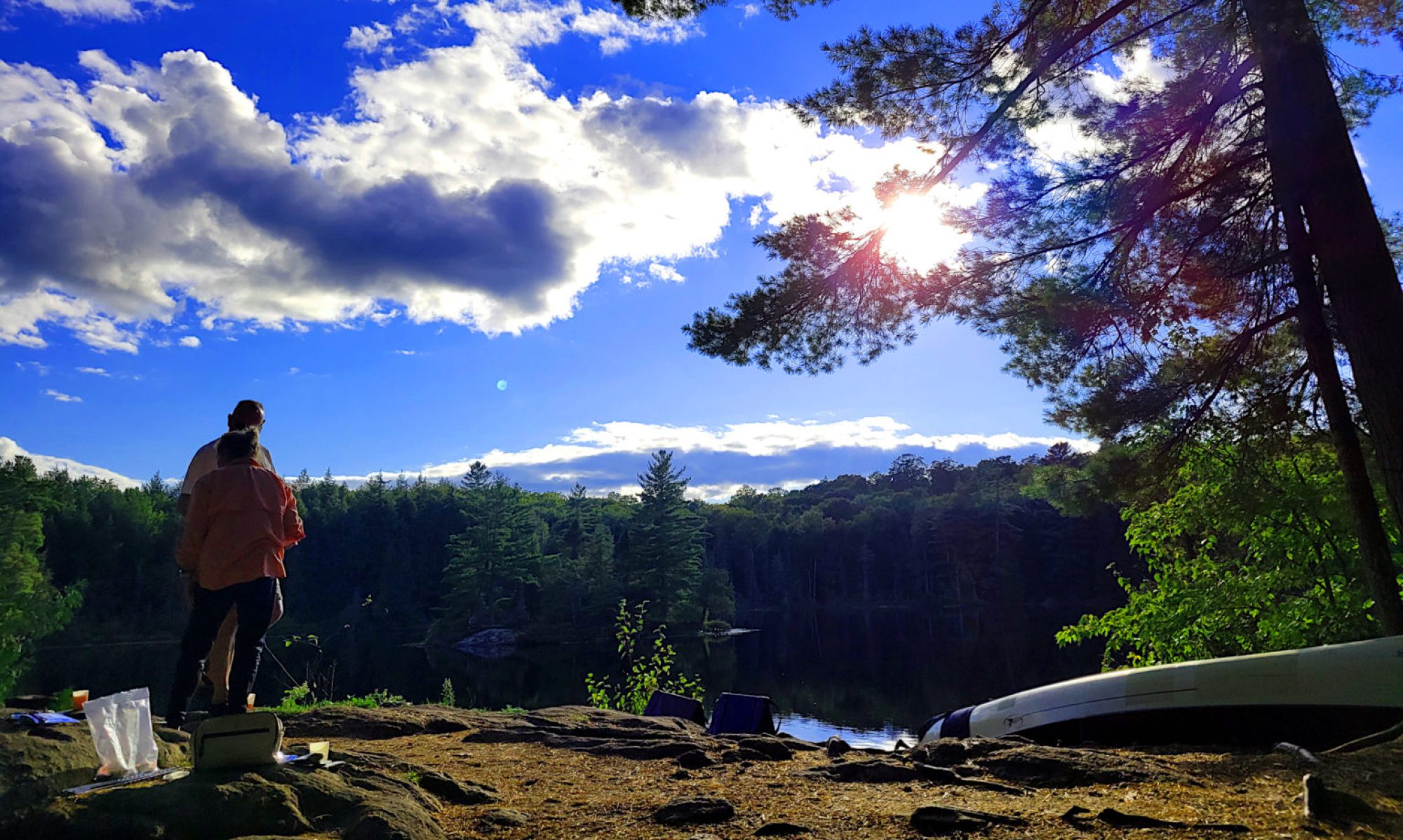So Google is being sued by a couple who believe that their privacy was invaded when a photo of their house appeared on the Web giant’s Streetview service, which features 360-degree photos taken from a fleet of specially-equipped Volkswagen Beetles. And a privacy watchdog group has tried to bring attention to the issue by releasing a document that contains some photos of Google co-founder Larry Page’s house, as well a dissection of the likely route that he takes to work (assuming he doesn’t take the helicopter, of course). This, the group says, shows the “chilling amount of visual information” that Google has.
Does it really, though? All that the photos (one of which appeared at Valleywag some time ago) really show are the outside gate of Page’s home, with a few cars in the parking lot, and an aerial view of the top of his house and property. There’s a blurry figure who the privacy group speculates is a bodyguard drinking a pop, and then we get a closeup of the next-door neighbour’s alarm sign, which tells us they use a specific alarm service. The route to work, meanwhile, is simply a series of photos of the intersections that the group feels might mimic the path Larry may or may not take to the Google campus.
In fact, the biggest privacy breach of all is the fact that the privacy watchdog fails to obscure Page’s name or the address of his house, or the names of the streets. Although those details are blacked out in the Adobe PDF document, all you have to do is select the underlying text in order to find out what they are. In any case, so what if people can see photos of the outside of Page’s house, or a bodyguard drinking a pop? Driving past the house and taking snapshots would accomplish the same thing, and wouldn’t be a breach of any privacy laws.
As The Smoking Gun has already pointed out, the couple who are suing Google don’t seem to mind that a photo of their house appears on a public document at the local housing assessment office, which anyone could access if they wanted to. And as Google has pointed out in its response to the suit, the Borings (yes, that’s their real name) chose to sue rather than go through the relatively simple process of asking the Web company to remove the photo, which Google has since done.
